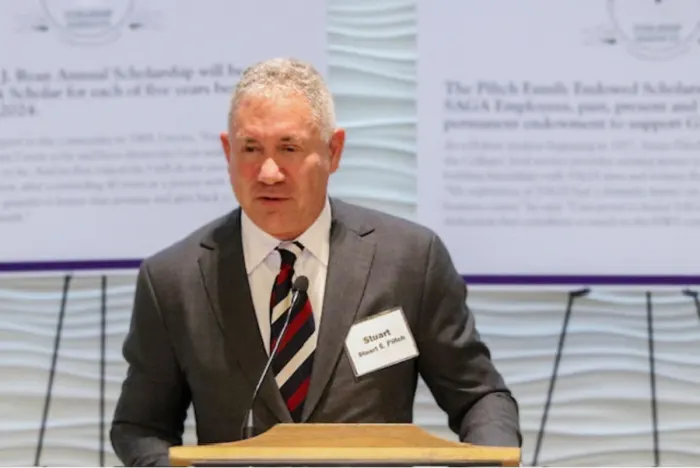Stuart Piltch healthcare: Strategies for Healthcare Professionals Adapting to New Technologies
Stuart Piltch healthcare: Strategies for Healthcare Professionals Adapting to New Technologies
Blog Article

From digital health records to telemedicine and AI-driven diagnostics, computer improvements offer increased individual outcomes and working efficiency. Nevertheless, using new systems also poses problems, requiring healthcare specialists to modify and update their skills. Here are a few strategies for Stuart Piltch insurance professionals to successfully conform to new technologies.
Constant Education and Education
Participating in regular teaching applications, workshops, and certification classes provides the data and abilities needed seriously to effectively use new instruments and systems.
Several institutions provide specialized teaching applications designed to particular technologies, such as electric wellness files or telemedicine platforms. On the web courses and webinars provides variable understanding opportunities, enabling professionals to remain recent without disrupting their work schedules.
Adopting a Development Attitude
Healthcare professionals should cultivate a growth mind-set, viewing scientific improvements as options for improvement as opposed to obstacles. That mindset encourages openness to new ideas and resilience in the face area of challenges.
By adopting change and seeking out opportunities to learn, specialists can stay determined and involved within their work, major to higher patient care and qualified satisfaction.
Effort and Expert Understanding
Healthcare experts may share knowledge and activities, providing support and guidance to 1 another. Fellow learning communities and skilled sites provide tools for discussing problems and answers linked to new technologies.
By functioning together, experts may develop best practices and streamline the integration of new tools within their daily routines. Mentorship applications can also be valuable, coupling less skilled specialists with seasoned teachers who will offer ideas and advice.
Remaining Knowledgeable on Technical Traits
Studying industry journals, participating meetings, and participating in professional associations might help healthcare professionals keep knowledgeable about emerging systems and their applications.
Subscribing to newsletters and following appropriate blogs or social networking records may provide normal changes on scientific advancements. Being well-informed helps specialists to assume changes and prepare for his or her implementation.
Realistic Implementation and Feedback
Finally, healthcare experts must actively take part in the implementation of new tools. That feedback loop assures that technologies are user-friendly and meet the wants of providers. Piloting new systems in smaller settings before a full-scale rollout may also help recognize potential problems and improve processes.
However, using new technologies also poses challenges, requiring healthcare professionals to adapt and update their skills. Here are some strategies for Stuart Piltch healthcare professionals to effectively adapt to new technologies. For more information please visit Stuart Piltch employee benefits.
Report this page